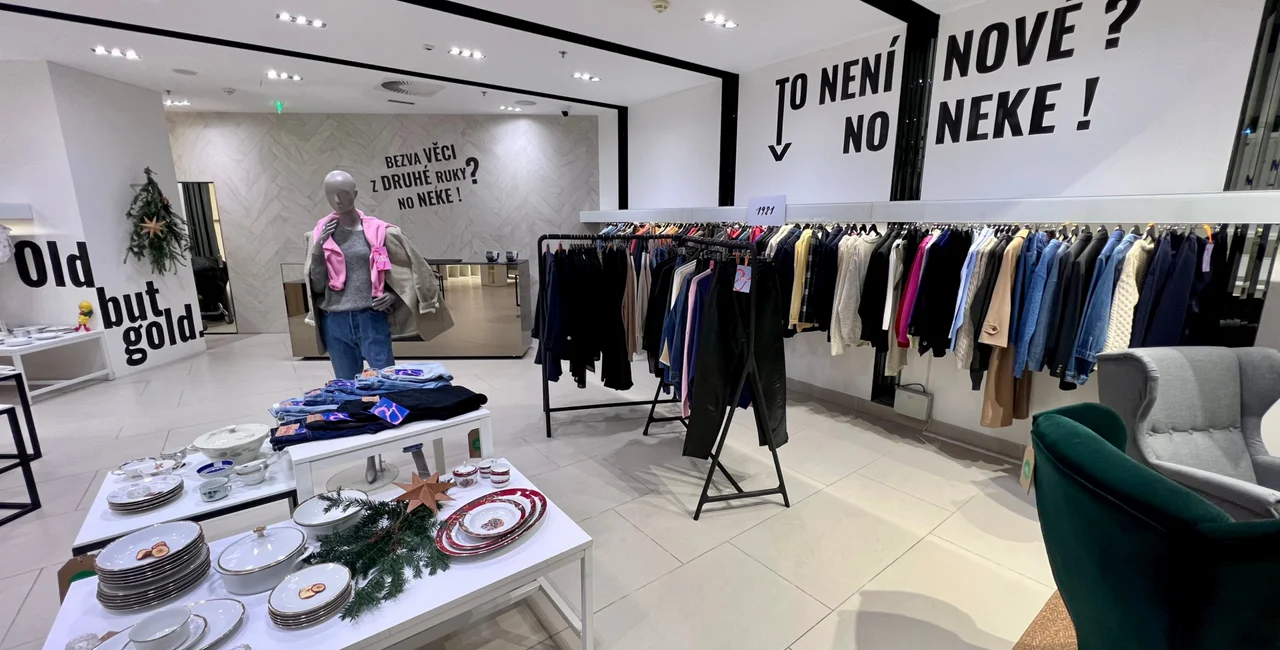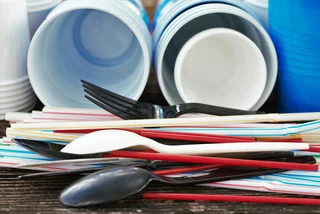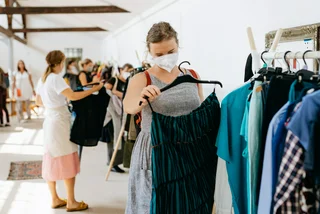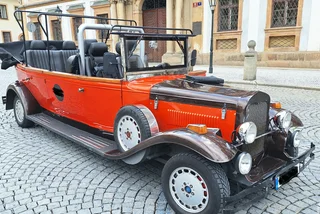Last year's inflation saw consumer prices in Czechia rise across the board, from apparel to appliances. Traveling to Poland to cut corners on groceries and dialing back on going out were just some of the ways people coped with inflation.
New shops and services that help consumers save while supporting the circular economy have become increasingly popular in response. Two such projects opened in the Czech capital late last year.
No Neke
“No Neke,” opened a few weeks ago at Westfield Chodov. Every item inside is secondhand, and shoppers can choose from a smorgasbord of things to buy: ranging from fashion brands to electronic gadgets.
According to the shop's website, "Czechs still associate second-hand shopping mainly with 'digger shops,' where hygiene measures can't be trusted and the quality is questionable."
No Neke, which bills itself as the country's first circular shop, says the difference is that it sells only top-quality goods that are built to last. In addition to its environmental mission, No Neke is a pilot project that evaluates how popular reused goods are with the public, and whether it is a good business model.
“Our intention cannot be sustainable only from the point of view of circularity, but also from the point of view of business,” the company’s chief operating officer Radek Hampl told mediaguru.cz. "We want to see how to make this concept profitable," Hampl added.
Among the stores it cooperates with – and has products from – are fashion store 1981 Secondhand, electronics company Levneiphony.cz, home decor shop Eterle, and children's store Ebuu.
Later edit: The No Neke pilot project ended on Dec. 31.
The Repair Shop
The Repair Shop (Opravárna), which recently opened a new branch in Prague's Holešovice district amid Czechia's cost-of-living crisis, is another example of the circular economy put into practice. Focused on restoring appliances, electronics, footwear, and other materials, it brings together a network of repairmen and women who can fix an item.
Not only will it benefit those who are environmentally minded, it will also save people some money. Head of the project Jan Charvát says in metro.cz that some goods are sold at a discounted price. "A washing machine that normally costs CZK 17,000 will be available for CZK 11,500," he explains.
A survey by marketing firm InsightLab found that 77 percent of Czechs “sometimes” buy things secondhand, and almost half of people feel sorry for having to throw items away. Around 35 percent want to avoid creating waste.
As the company writes on its website, "product repairs protect nature from unnecessary waste," so its goal is to "sell and produce, above all, high-quality and repairable products and therefore fight against the mass production of disposable, 'spoof' items." The Repair Shop says it "protects valuable mineral resources and relieves [Czech] nature from landfills."
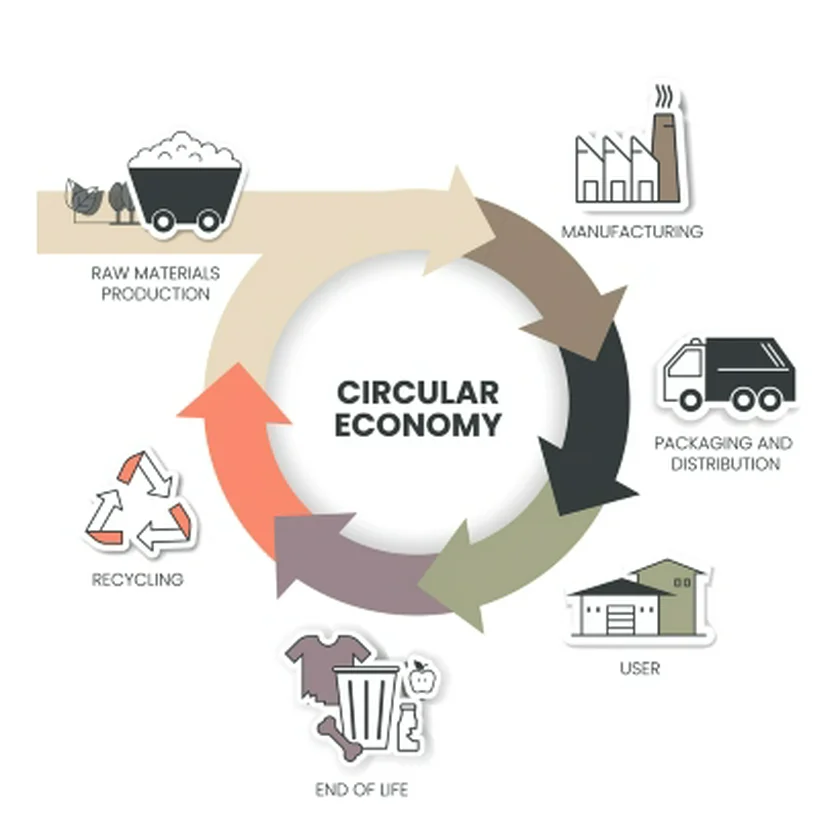
Prague's seasonal Khinotaxi (Book Taxi) is another example of the rise of the circular economy in the capital. The concept allows people to trade in their books for money, providing the chance for precious books to be reused rather than wasted.
A Prague-run website called Nevyhazuj.to also gives people the option to source items that would otherwise become waste, and a furniture bank in the capital allows people to donate unwanted furniture for those less fortunate.
Czech steps to strengthen circular economy
Prague is taking action to bolster its circular economy. In January 2022 it approved and implemented a document titled “Circular Prague 2030,” which outlines the capital's focus on renewable materials. The "Circular Czechia 2040" plan is the country's nationwide pledge to reduce waste via methods such as financial incentivization.
A survey published in December 2022 by consumer portal iTrade paints an optimistic outlook: half of all small- and medium-sized companies in Czechia use circular economy principles – some of them without realizing it.
The emergence of new initiatives based on reusability and regeneration shows that the circular economy in Prague is growing – a trend that is likely to continue in 2023.
Fan of secondhand stores? Check out our comprehensive guide on Prague thrift shops!












 Reading time: 3 minutes
Reading time: 3 minutes 